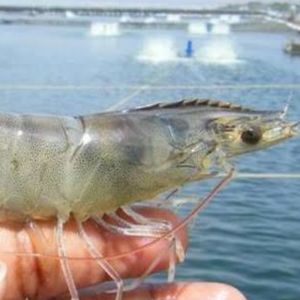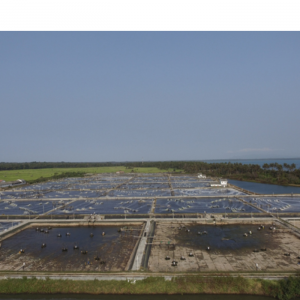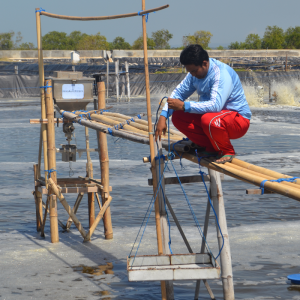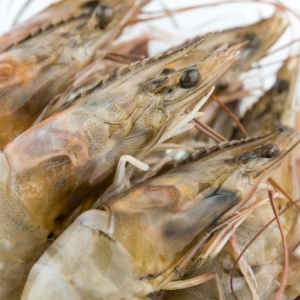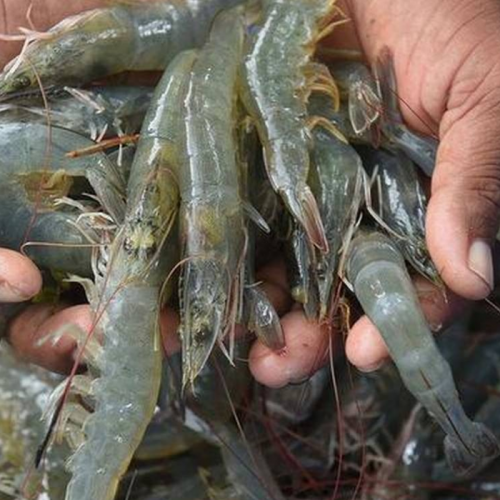
Lysozyme Stimulates Growth and Immunity in Vannamei Shrimp
| Thu, 24 Oct 2019 - 13:51
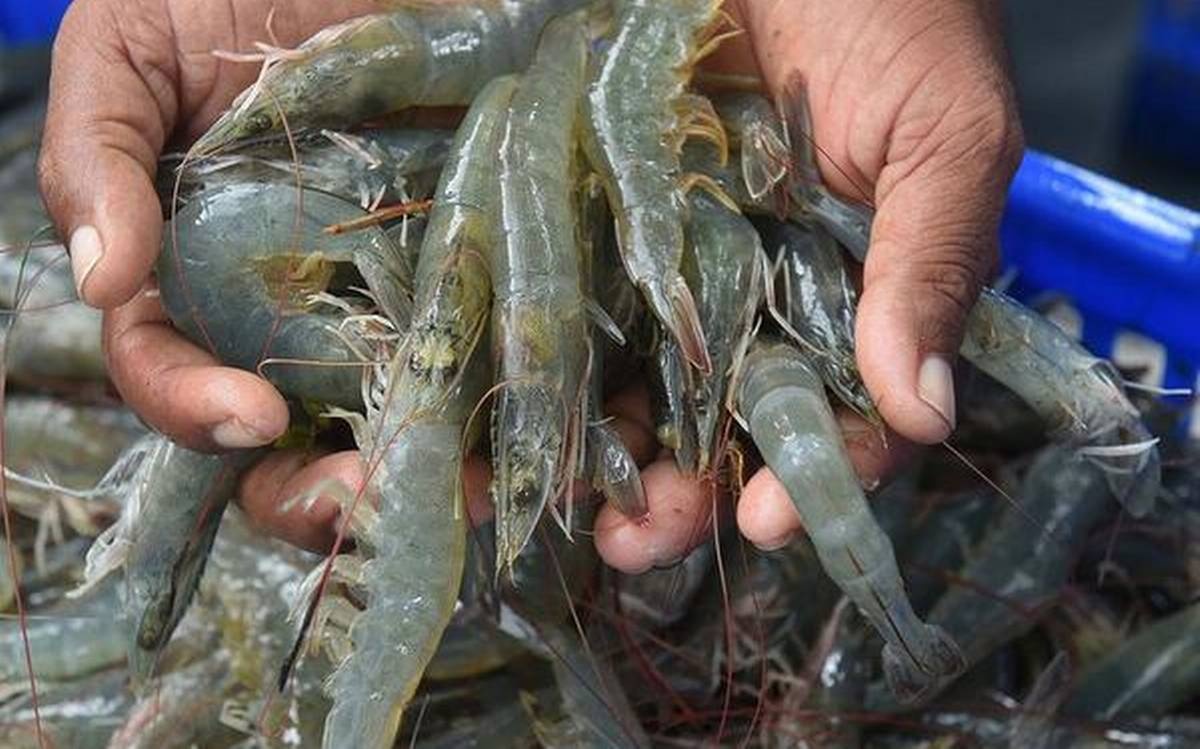
Shrimp do not have a specific immune system, the shrimp's immune system is mainly based on the natural immune system including physical barrier (tin shell), humoral immunity, and cellular immunity in it. White blood cells play a very important role in fighting germs.
Lysozyme, also known as muramidase or N-acetylmuramide glycanhydrolase, is an antibacterial enzyme produced by animals and helps form part of the innate immune system. Lysozyme is present in saliva, tears, milk ... In industry, the supply of lysozyme is mainly from egg whites. Lysozyme is an antibacterial, specialized in attacking bacterial cell walls and weakening them. In addition lysozyme also works on some gram (-) bacteria and some viruses.
Lysozyme has antibacterial activity through the conversion of insoluble polysaccarids into gram (+) bacterial cells into soluble mucopeptides, thereby breaking down the cell walls and destroying bacteria. Several lysozyme studies in animals show that supplementing with lysozyme helps improve feed efficiency, growth and immune stimulation. However, research on lysozyme in aquatic animals is limited, so Javahery et al., 2019 study will add lysozyme to whiteleg shrimp feed to improve digestion, stimulate growth and increase. immune.
The feeding method is considered a practical method, easy to implement on a large scale, not shocking for shrimp and can add lysozyme at any stage of shrimp development in shrimp immune enhancement therapy.
Study on adding lysozyme to whiteleg shrimp feed
The experiment consisted of four treatments with lysozyme supplementation at the following concentrations: 0 (control), 0.5, 1 and 2 g / kg over 4 months. Results indicated that adding lysozyme to feed improved growth, decreased FCR, and increased feed utilization compared to control (P ˂ 0.05).
In addition, the addition of lysozyme has effects on the shrimp immune system including increased antioxidant capacity, superoxide effutase, glutathione peroxidase, lysozyme, alkaline phosphatase, and phenoloxidase compared to the control group.
Moreover, the digestive enzymes (lipase, protease and amylase) in shrimp supplemented with lysozyme were significantly higher (P ˂ 0.05) than in the control treatment, stimulating shrimp to catch more prey from which stimulated like growth.
The results from the study provide more practical information, suggest the addition of lysozyme to shrimp feed to improve immune response as well as modulate the activity of digestive enzymes to stimulate shrimp growth.
In addition, to raise shrimp effectively, people need to closely manage the water environment, leftovers, periodically treat ponds, monitor shrimp daily, supplement digestive enzymes, vitamin C to ensure shrimp good growth and development.
Source : tepbac













